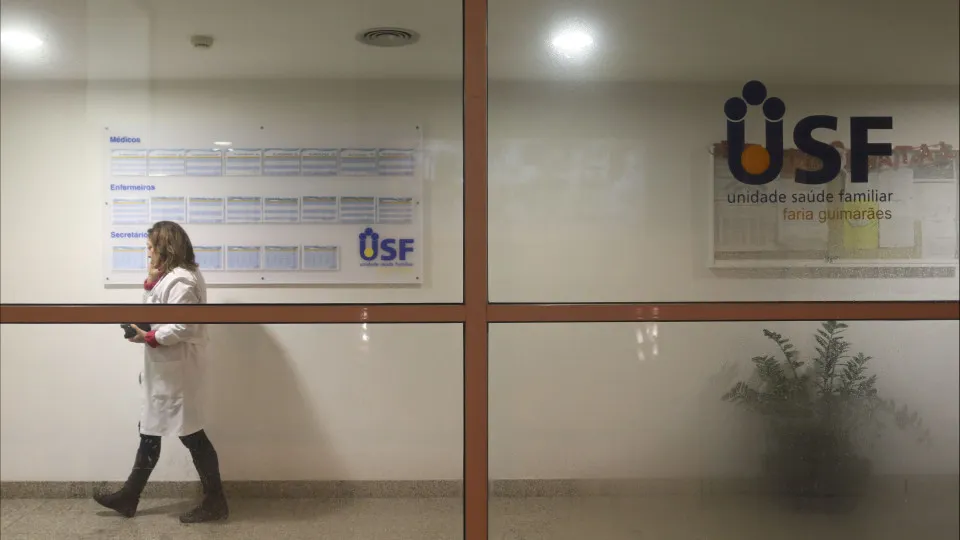A lack of stable and dedicated funding for the integration and consolidation of permanent and necessary job positions is noted by Fenprof in its review of the State Budget proposal for 2026 (OE2026).
The Government’s proposal, approved in general terms on Tuesday with votes in favor from PSD and CDS-PP and abstentions from PS, PAN, and JPP, outlines a total consolidated expenditure of 3.9 billion euros for higher education, science, and innovation, marking an increase of 296.8 million euros compared to the execution estimate for 2025.
Highlighting that the increase is only around 2% when compared to the expenditure forecast in the 2025 budget, the union structure adds that, considering the inflation context of recent years, “an increase of this magnitude does not restore purchasing power nor cover operational pressures of the institutions.”
According to Fenprof’s analysis, the budget increase for the sector primarily addresses student needs, with more funding for student housing and social support, which are “socially important measures that should progress.”
“However, this Government option leaves little or nothing in the budget to strengthen the categories ensuring the daily operation of the institutions and addressing issues of salary valuation, career dignity, and fighting job insecurity,” they criticize.
Regarding personnel expenses, Fenprof states that the allocated budget (2.0894 billion euros for the Higher Education, Science, and Innovation sector) is not sufficient to ensure the total payroll of the institutions, leaving them dependent on other sources.
“The institutions continue to lack stable funding to integrate permanent needs in career positions, eliminate the systematic use of ‘guest professors’ for permanent roles, and ensure actual autonomy in personnel and operational planning,” the representatives of the faculty claim.
For Fenprof, the increase relative to the execution estimate for 2025 merely reflects “legal obligations and automatic updates, without constituting a true policy of salary valuation, career dignity, and combating job insecurity.”




